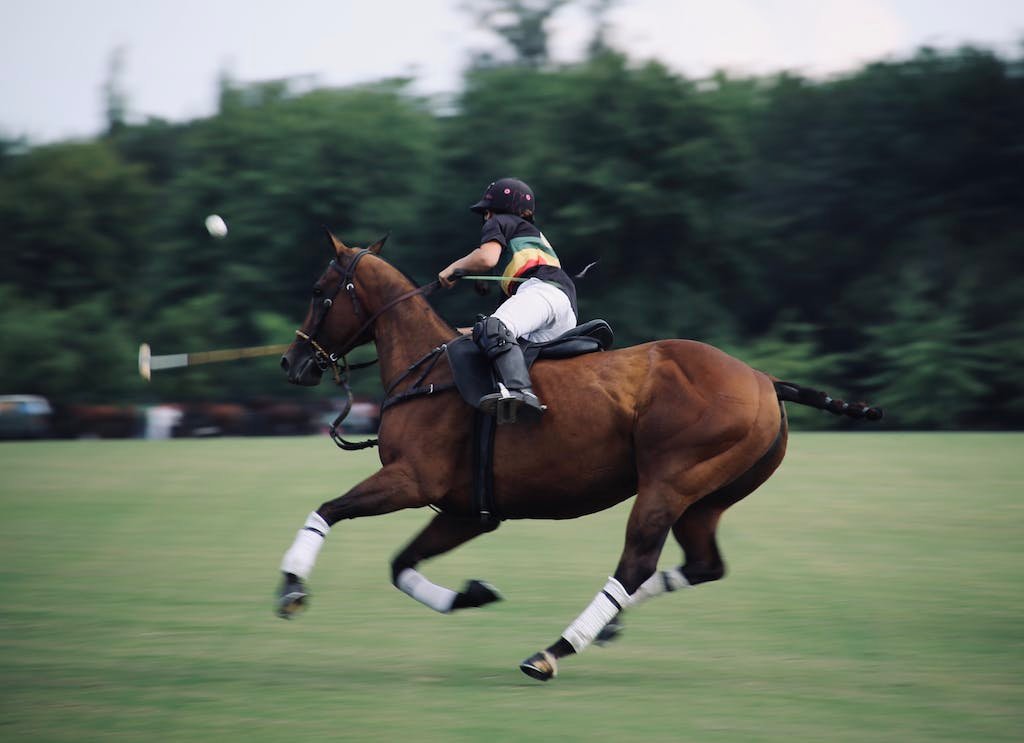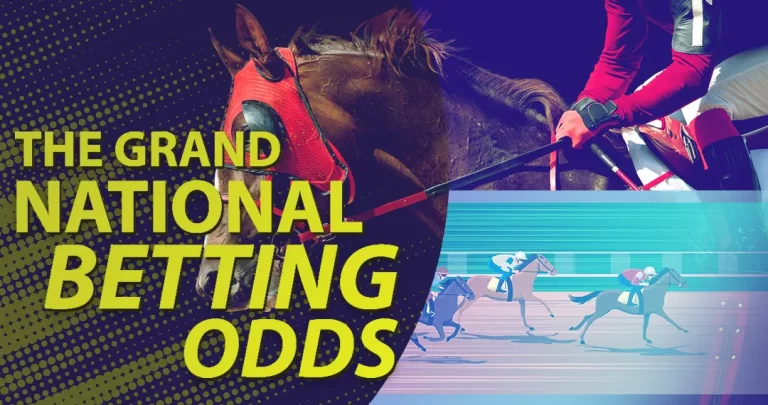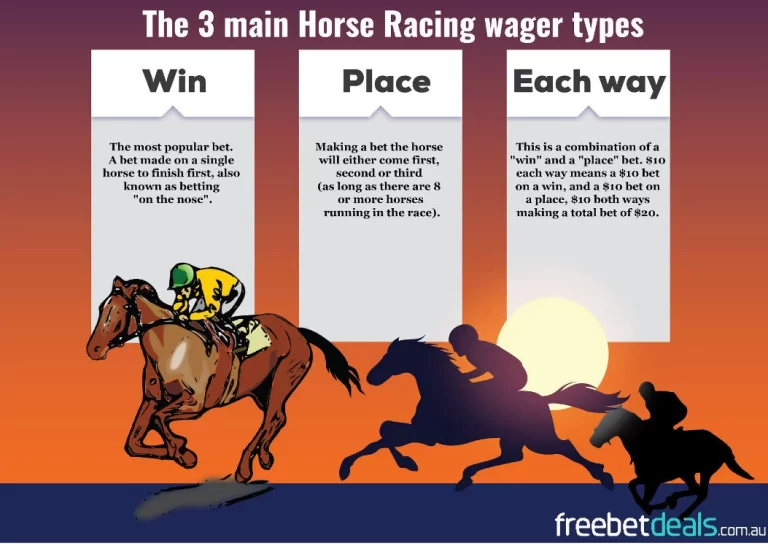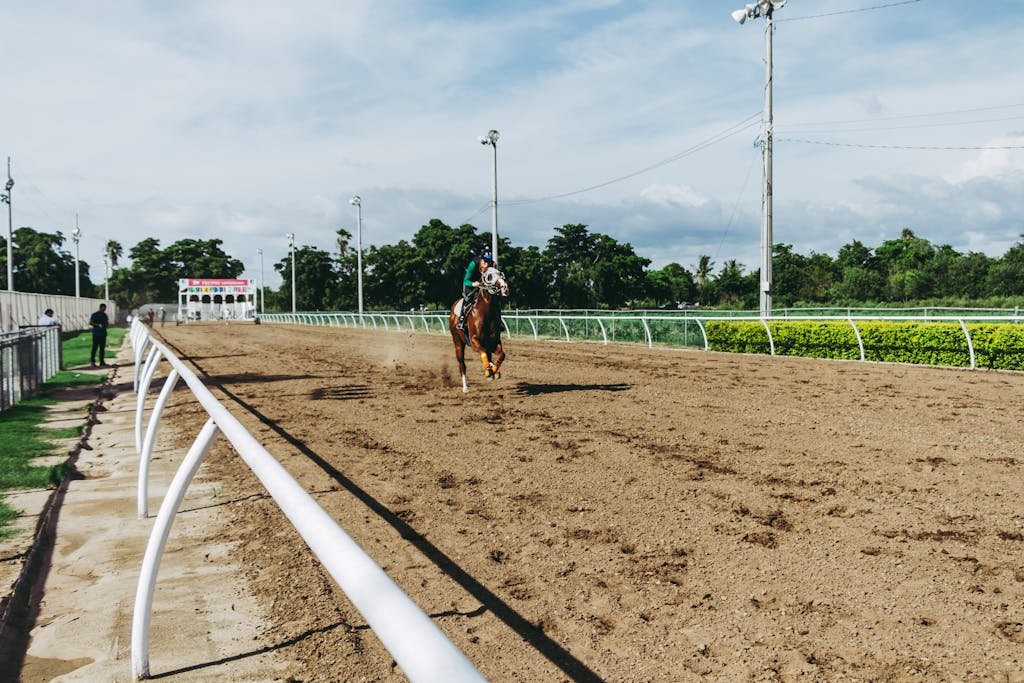Hidden Factors: Uncommon Elements that Influence Grand National Outcomes
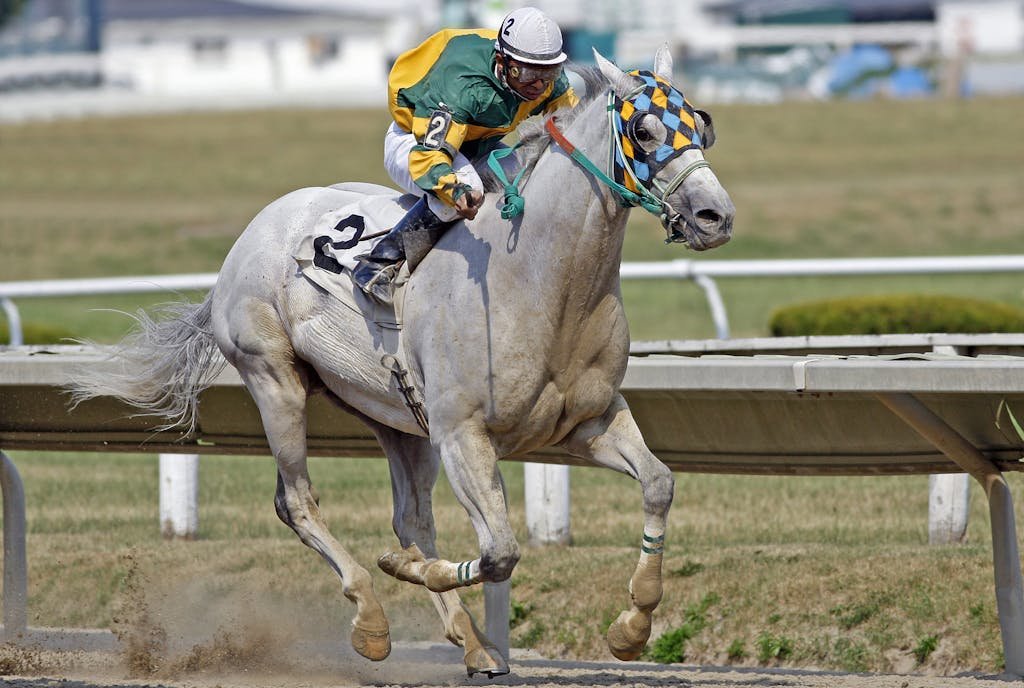
When it comes to the Grand National, one of the most prestigious horse racing events in the world, many factors come into play that can determine the outcome of the race. While most people focus on the form of the horses, the skill of the jockeys, and the track conditions, there are also some hidden factors that can have a significant impact on the final results. In this article, we will explore some of these uncommon elements that often go unnoticed but can greatly influence the outcome of the Grand National.
The Role of Luck
While horse racing is undoubtedly a sport that requires skill and strategy, luck also plays a significant role in determining the outcome of any race. In the Grand National, where the field is large and the obstacles are challenging, luck can be a deciding factor. A horse that manages to avoid falls and mishaps, or that finds itself in a favorable position at key moments, can gain a significant advantage. It’s important to remember that even the best-prepared contenders can be affected by unforeseen circumstances, making luck a hidden but essential element in the Grand National.
Experience and Familiarity
The Grand National course at Aintree is unique and demanding, with its famous fences such as Becher’s Brook and The Chair. Horses that have previous experience and familiarity with these obstacles often have an advantage over those encountering them for the first time. The ability to navigate the course confidently and efficiently can make a significant difference in the outcome of the race. Trainers and jockeys who have a history of success at Aintree understand the nuances of the course and can make better-informed decisions during the race.
Weight Allocation
The weight carried by a horse in the Grand National is another important factor that can influence the outcome. The handicapper assigns weights based on the horse’s previous performance, aiming to create a more level playing field. However, the weight allocation can sometimes favor certain horses over others. A horse carrying a lighter weight may have an advantage in terms of speed and stamina, while a heavily weighted horse may struggle to maintain the same level of performance. It’s crucial for punters and race enthusiasts to consider the weight allocation when analyzing the potential outcomes of the Grand National.
Stamina and Endurance
The Grand National is a grueling race that tests the stamina and endurance of both the horses and the jockeys. The ability to maintain a strong pace over the extended distance of the race is crucial for success. Horses with a proven track record of staying power and the ability to handle longer distances have a higher chance of performing well in the Grand National. Jockeys who can effectively manage their horse’s energy and pace themselves throughout the race also play a vital role in determining the outcome.
Unpredictable Weather Conditions
The weather can be an unpredictable factor that can greatly impact the outcome of the Grand National. Rain, strong winds, or extreme temperatures can affect the track conditions and the performance of the horses. Some horses may excel in certain weather conditions, while others may struggle. Punters and race enthusiasts need to consider the weather forecast and how it may influence the race when making their predictions.
Conclusion
While the Grand National is undoubtedly a thrilling and unpredictable race, there are hidden factors that can significantly influence the outcome. Luck, experience, weight allocation, stamina, and weather conditions all play a role in determining the winner. By considering these uncommon elements, punters and race enthusiasts can gain a deeper understanding of the race and make more informed predictions. So, the next time you watch the Grand National, keep an eye out for these hidden factors that often go unnoticed but can make all the difference.

